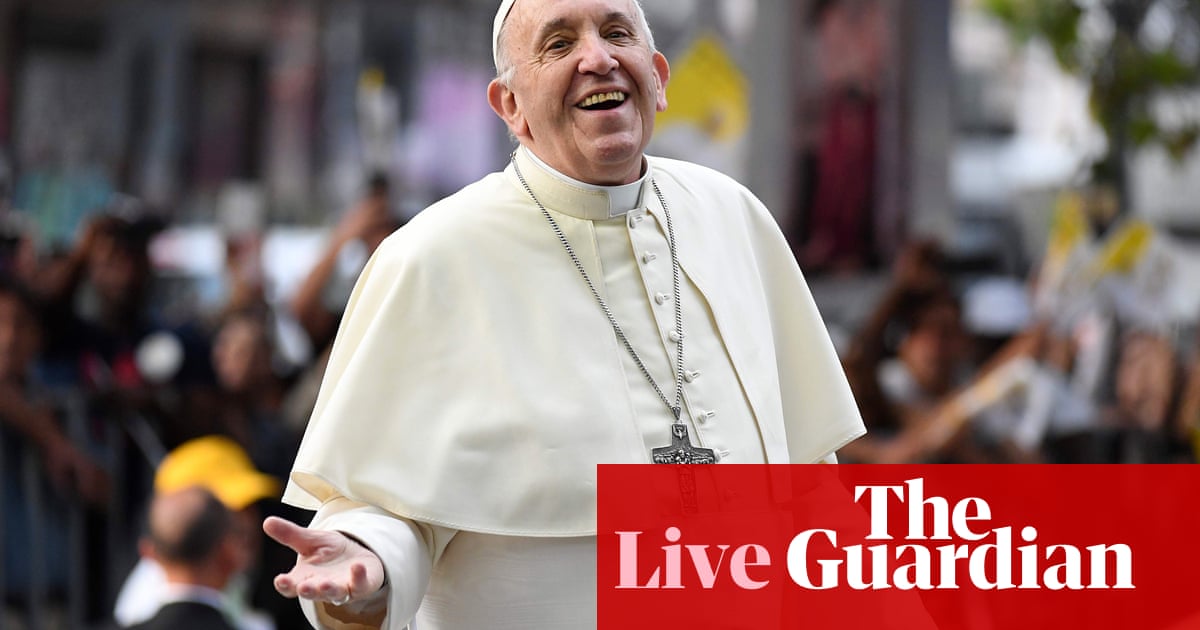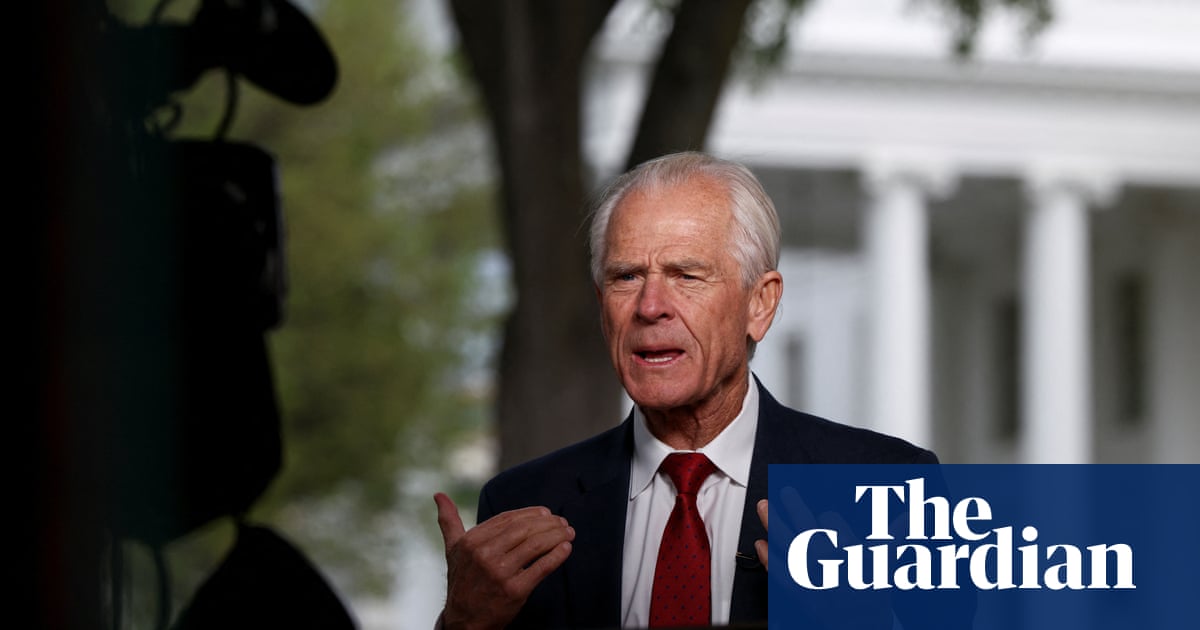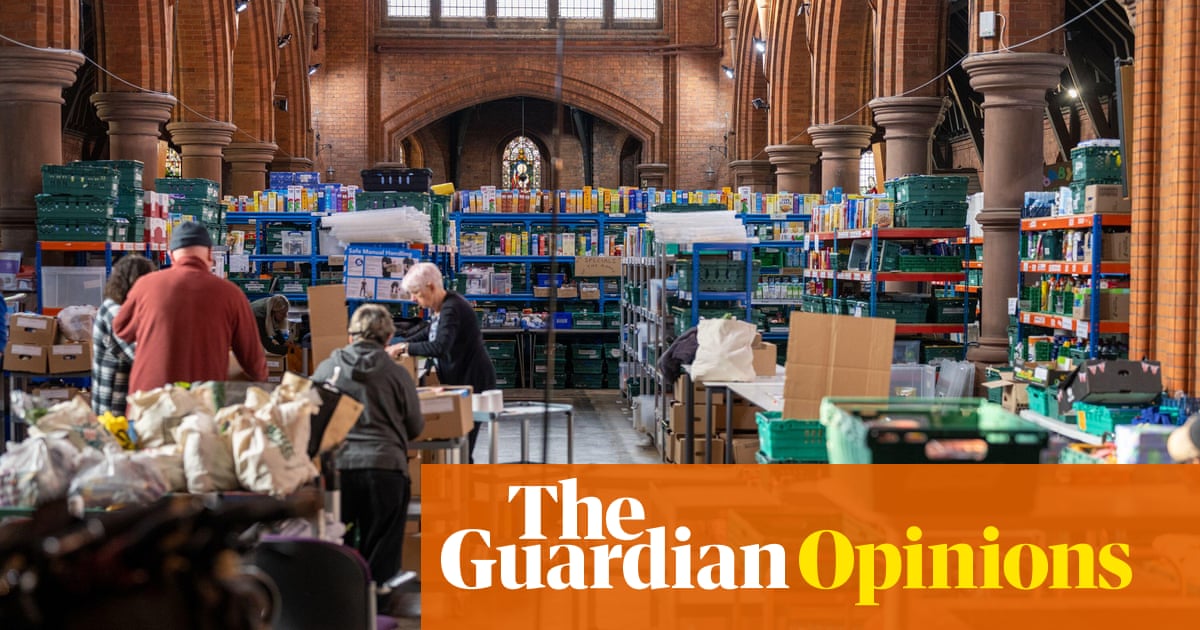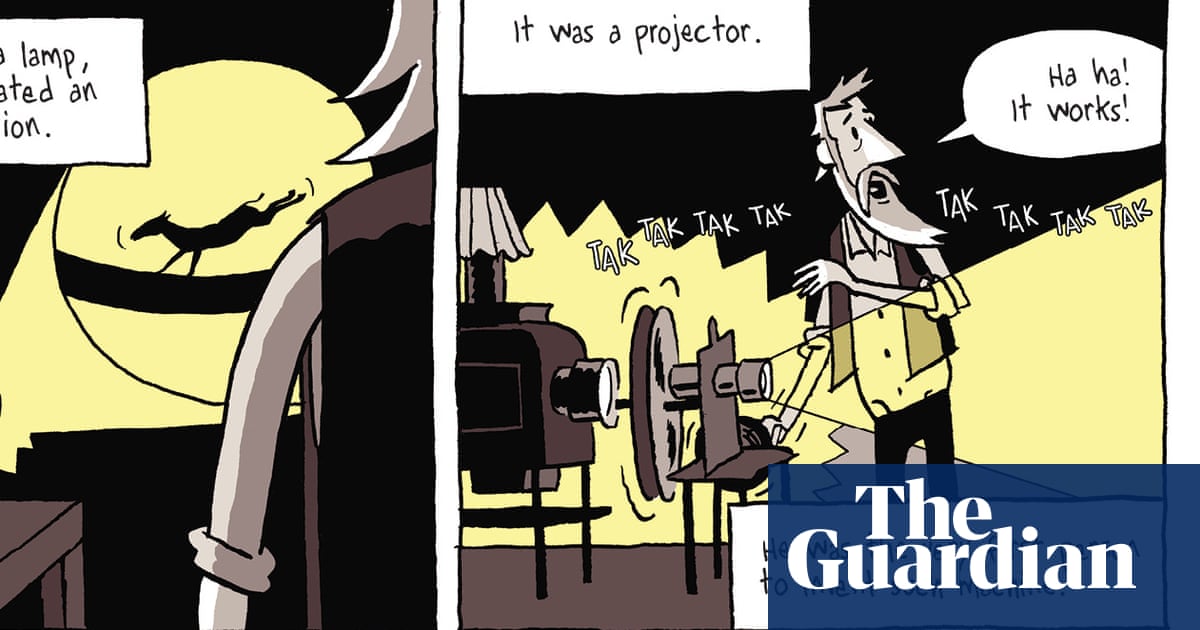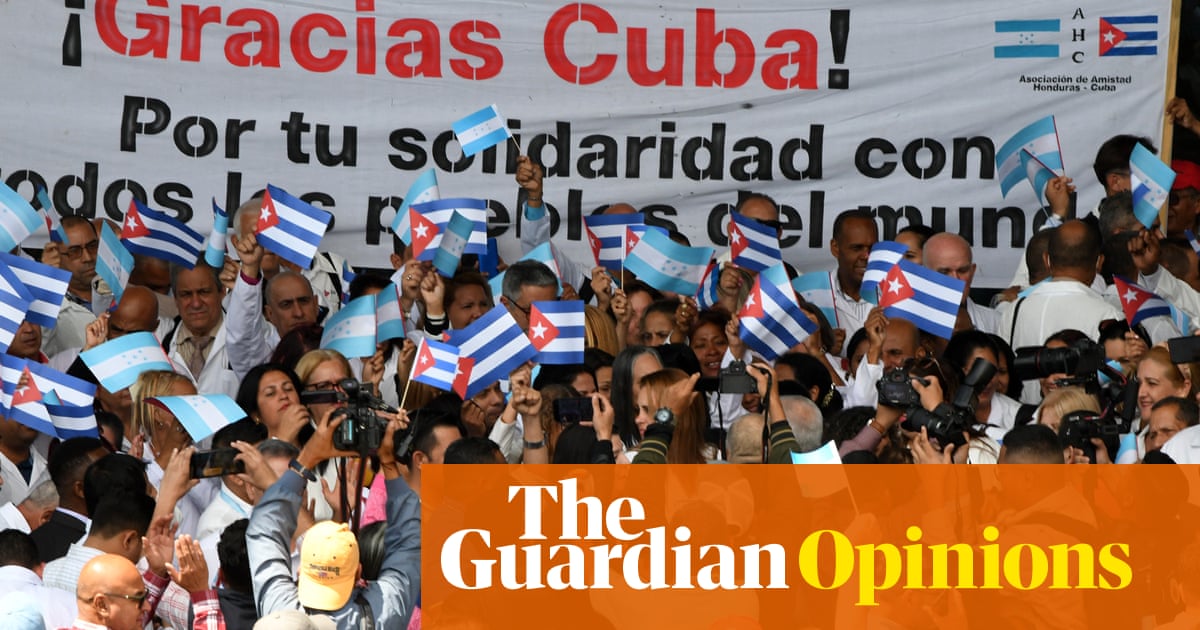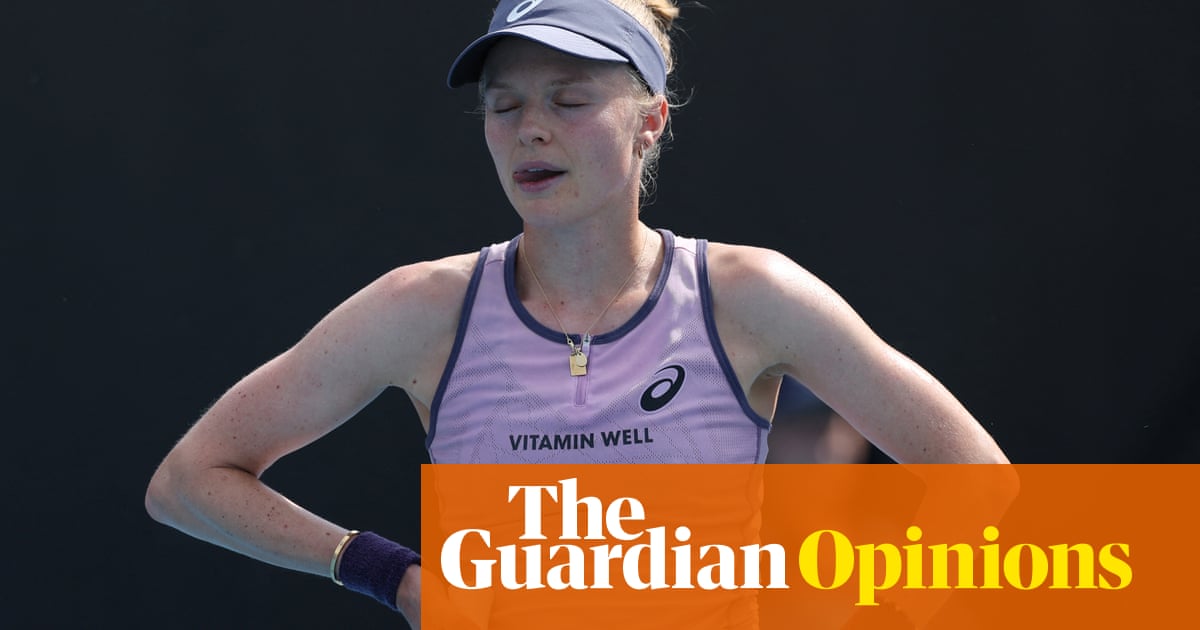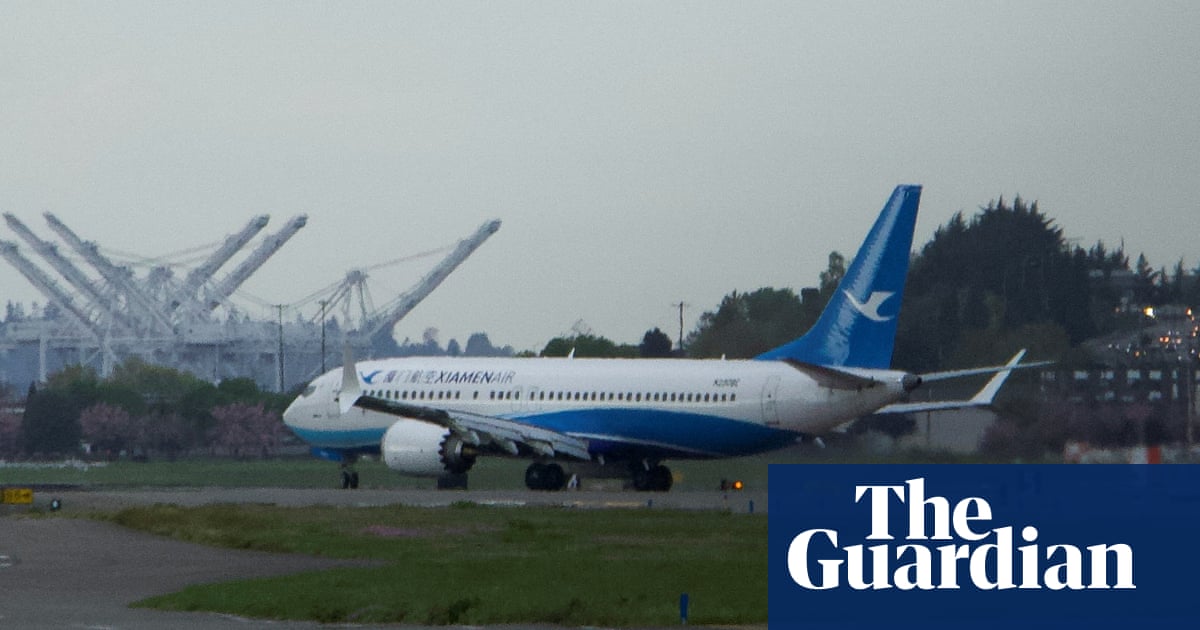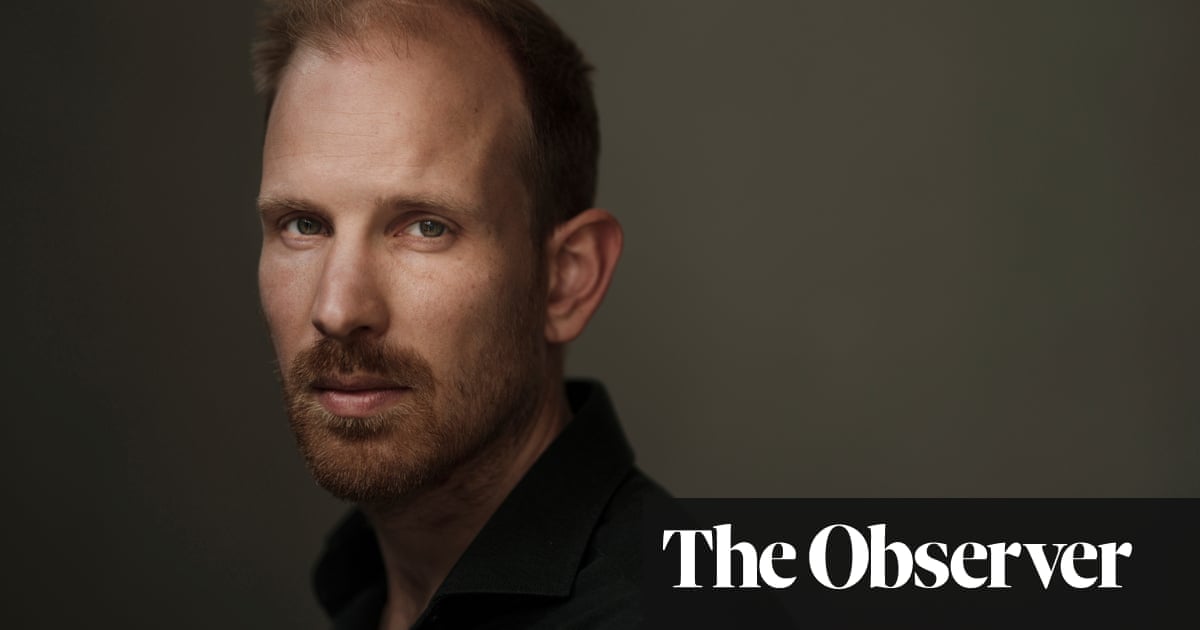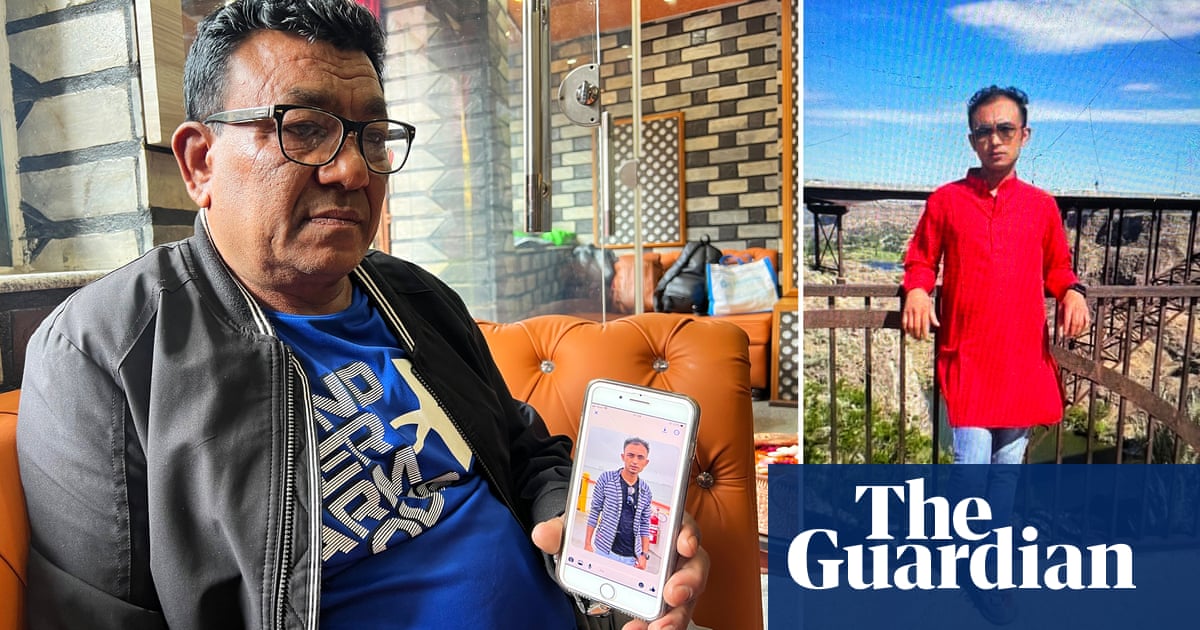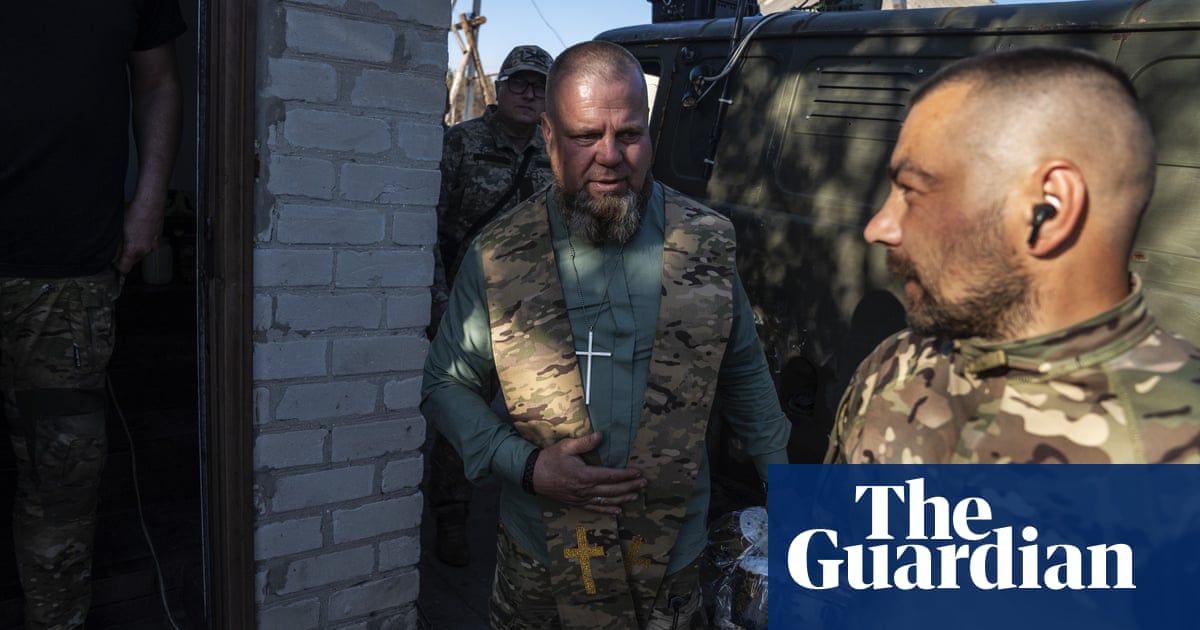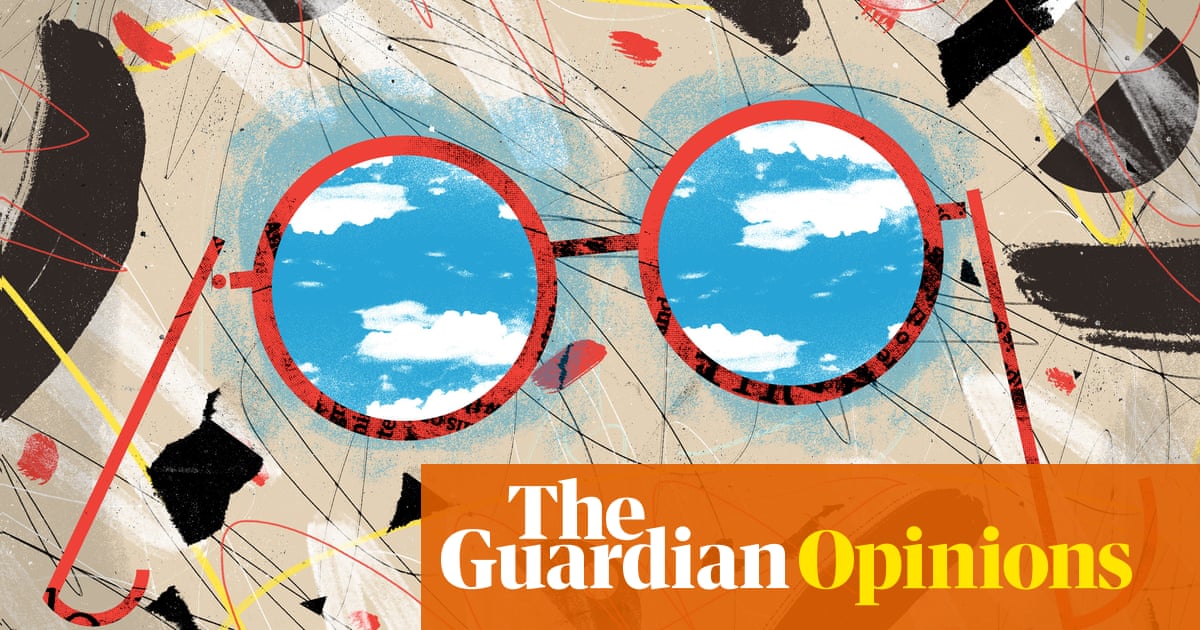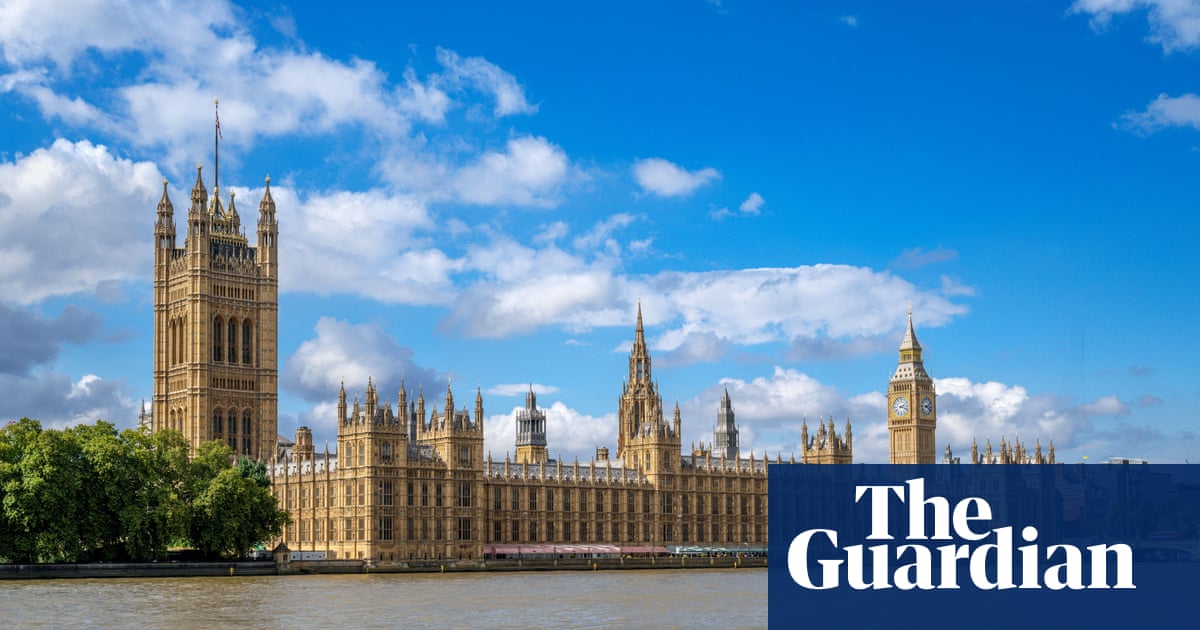In December it looked like Drumsheds, the UK’s largest nightclub housed in a former Ikea in north London, could be in serious trouble less than 18 months after it opened, after two drug-related deaths and a knife attack connected to the venue. Following a licensing review last week, it can stay open – but serious questions remain around the future of the 15,000-capacity superclub, and what its struggles say about night-time culture more broadly.
Enfield council’s review was triggered by the Metropolitan police, who alleged “serious failings” on the part of Drumsheds’ owners, Broadwick Live. These include failures to report two drug-related hospitalisations (one of them fatal) in October and December, another drug-related death in December, a knife being brought into the club in November, and the “uncooperative” attitude of security staff when an attender was subsequently slashed and hospitalised. Both the Metropolitan police and Enfield council declined to comment in detail on Drumsheds’ licence review, or the modified terms under which it’s been allowed to remain open.
Speaking exclusively to the Guardian shortly after the licence hearing, Broadwick Live’s director of strategy Simeon Aldred is clear that he doesn’t blame the police for raising the alarm. “Everyone running a venue in the UK knows that if anything serious happens, you should expect a review,” he says. “I’m not surprised, I’m not angry, I’ve got nothing negative at all to say about Enfield police.”

But Aldred is also keen to push back on what he views as a number of misconceptions, revealing inconsistencies between his and the police’s versions of events. “There was no knife found, no evidence of a knife,” he asserts, criticising media descriptions of a “stabbing”. This contrasts with the police’s understanding that the wounds were consistent with a bladed weapon, and their written submissions to Enfield council that “[the] weapon was a knife, and was confirmed by the venue”.
Aldred also rejects that Broadwick Live failed to report drug deaths, explaining that they didn’t know these had occurred until the police informed them. “When people are unwell, we provide hospital-level care on site, then we take them to hospital,” he says. “We’re not family members, we don’t get to call the hospital and find out what’s gone on.” He highlights Drumsheds’ industry-leading harm reduction processes, including a fleet of private ambulances on standby at every event, as evidence of their efforts. “As far as we’re concerned, we do the very best we can for everyone in terms of welfare,” he says.
Broadwick Live have certainly developed a reputation over the last 15 years at venues like Drumsheds, Printworks and Manchester’s Depot Mayfield for consistently well-run, overwhelmingly safe large-scale club events. They’re now one of the most lucrative operators in UK electronic music, with an annual turnover of £67m, a portfolio of more than 20 venues, and minority investment from Rockstar Games, makers of Grand Theft Auto. Drumsheds’ licence review is the first time that their operational credibility has been seriously questioned: while Aldred welcomes scrutiny from the police and others, he bristles at suggestions that he and his colleagues don’t know what they’re doing.
“I’ve always had great experiences with Broadwick,” says the DJ and producer HAAi, who headlined Drumsheds in November and has played multiple times at Printworks. “On a production level, they’re one of the best I’ve worked with across the world. I’m super comfortable walking into one of their spaces, because I know everything’s going to be taken care of.” Michael Kill, CEO of industry body the Night Time Industries Association, describes Drumsheds as “a global leader in guest care and safety standards.” Even the Metropolitan police agree, apparently: Aldred quotes an acknowledgment by their barrister during the licence review that Broadwick Live are “professionals of the highest order”.
But it’s fair to say that this spotless reputation has now been blemished for an increasing number of clubbers dissatisfied with Broadwick Live’s recent track record. “There was no one to ask what was going on, no security guards, no communication,” says one attender, Alex Fry, of an event headlined by Belfast dance duo Bicep on 7 December, where she describes a confusing, poorly managed wait to leave the venue. “The crowd was calm, but if anyone had got lairy, it could have been really dangerous. It was just kind of a shambles.”

A greater number of complaints have focused on the following weekend’s drum’n’bass event, headlined by Pendulum. In the interim, the police made an urgent application to temporarily suspend Drumsheds’ licence after the aforementioned drug deaths and knife incident. This was rejected, but a series of additional security checks were implemented as an emergency measure. These were only agreed the day before, leading to two-hour queues to get into the venue. “That wasn’t my finest moment operationally, and I’m really sorry for that,” admits Aldred, who oversees every Drumsheds event in person. “A lot of people arrived early, which was great because they’re huge fans of the music, while we were implementing new search methods.” He concedes that the unacceptable wait to get from the front door to the dancefloor “triggered the audience very badly,” creating a mass of frustration which has simmered away on social media ever since.
With barbs now being regularly directed at Broadwick Live by disgruntled ravers as well as the police, it is unclear whether this will turn out to be a blip, or a harbinger of more persistent issues. “This hearing should never have escalated to such a contentious point,” says Kill, who sees Drumsheds’ problems as part of a wider debate around “fair, evidence-based regulation” across the entire UK nightlife industry. “Drumsheds has consistently demonstrated a steadfast commitment to safety and welfare, securing its reputation as a standout operator,” he argues. “Overly restrictive measures risk undermining trust and collaboration between venues, authorities, and the communities they serve.”
Neither Broadwick Live, the Metropolitan police nor Enfield council were willing to discuss the specific modifications which have been made to Drumsheds’ licence, but Aldred is confident that they’re sufficient to address all the concerns which have been raised. He emphasises that they were proactively suggested by Broadwick Live themselves, before being tweaked in consultation with the police, rather than imposed on the venue from above, and that particularly contentious measures such as ID scanning were rejected by the council.
Set against this is the police’s argument that “the sheer logistical problems of searching 15,000 people” make Drumsheds too big to be managed safely: you can get people into the venue promptly or search them properly, in effect, but not both. Resolving that fundamental disagreement, at the same time as reassuring sceptical sections of the clubbing public, is a substantial challenge before Broadwick Live’s next season of events begins in March. If the UK’s leading club operator can’t make their flagship venue work, then the omens for other venues feel worrying, even if they aren’t operating at the same scale.
Aldred is confident, and says that ticket sales haven’t slowed. Speaking specifically about December’s queueing issues, he inadvertently lands on the broader existential question facing Drumsheds, not only the UK’s biggest nightclub, but arguably now its most closely scrutinised as well. “Once you trigger an audience,” he says, “and they’re not on your side, then whatever you do from that point on, you’ve lost them.”

 3 months ago
45
3 months ago
45
